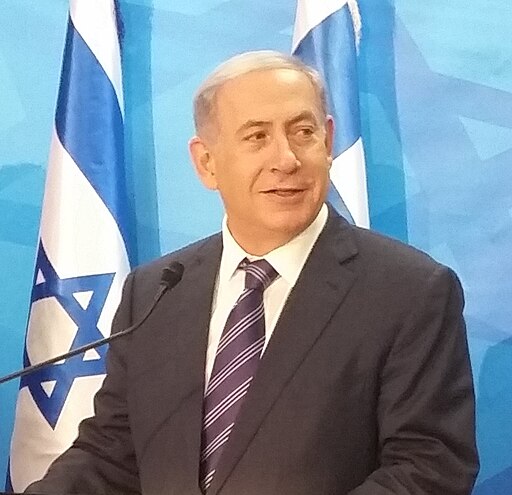Israeli PM criticized for stance on hostage negotiations, as cease-fire talks stall amid mounting pressure
Israeli Prime Minister Benjamin Netanyahu informed the families of hostages on Tuesday that a cease-fire agreement with Hamas might not materialize, further complicating the ongoing conflict in Gaza. During a meeting with the Hostages Families Forum, Netanyahu stated that Israel would not relinquish control over the Gazan-Egyptian border—a critical demand from Hamas—as part of any potential deal. This announcement has cast doubt on the likelihood of a cease-fire agreement and has fueled criticism from various quarters, including opposition leaders and the hostage families themselves.
The Hostages Families Forum accused Netanyahu of abandoning the hostages, both in the initial stages of the conflict and now by refusing to agree to a cease-fire deal. “There is no hope and no heroism in a ‘firm’ stand that will result in the continued death of all the abductees,” the group stated on social media, expressing their frustration with the Israeli government’s approach.
Embed from Getty ImagesThe Biden administration has been working to mediate a bridging proposal, hoping to secure a deal by the end of the week. While Netanyahu signalled on Monday that Israel could accept the plan in principle, Hamas quickly dismissed it, claiming it was merely a reiteration of Israel’s demands. President Joe Biden later accused Hamas of “backing away” from the deal, a charge that Hamas rejected, blaming the U.S. for its “complete bias” towards Israel.
Meanwhile, Israeli airstrikes on Gaza continued on Tuesday, with reports of at least 25 Palestinians killed in strikes on a school, a market, and a mobile phone charging point. The Israeli military justified the attack on the Mustafa Khaft School, claiming it was being used by Hamas as a command center, but acknowledged the presence of civilians. Gaza’s Government Media Office condemned the strikes, holding Israel and the U.S. responsible for the deaths.
Israeli opposition leader Yair Lapid accused Netanyahu of deliberately sabotaging the cease-fire talks. Lapid and other critics argued that Netanyahu’s refusal to consider concessions on the Gaza-Egypt border would only lead to further bloodshed, particularly for the hostages still held by Hamas. “Enough with the briefings, enough with the tweets, enough with the rhymes in front of cameras,” Lapid wrote, urging Netanyahu to secure a deal before more lives are lost.
Analysis:
Political:
Netanyahu’s stance on the Gaza-Egypt border and the ongoing hostage situation is creating a significant political rift in Israel. The Prime Minister’s refusal to compromise is seen by many, including members of the opposition, as a hindrance to reaching a cease-fire agreement that could save lives. This approach risks isolating Netanyahu both domestically and internationally, as pressure mounts to find a peaceful resolution to the conflict.
Social:
The growing discontent among the families of the hostages and the broader Israeli public reflects a deepening frustration with the government’s handling of the crisis. The Hostages Families Forum’s accusations of abandonment resonate with many who believe that the government’s hardline stance is exacerbating the suffering of those affected by the conflict. This public sentiment could significantly influence Israeli politics in the near future.
Racial:
The conflict continues to highlight the racial and ethnic divisions between Israelis and Palestinians, with each side blaming the other for the ongoing violence. The Israeli airstrikes on civilian areas in Gaza, including a school, have drawn international condemnation and have intensified the humanitarian crisis in the region. The racial tensions underpinning the conflict are a reminder of the long-standing and deep-seated issues that fuel the violence.
Gender:
The impact of the conflict on women and children is particularly concerning, as they are often the most vulnerable in times of war. The deaths of women and children in the recent airstrikes on Gaza are a tragic reminder of the disproportionate toll that conflict takes on civilians, especially in areas where they are supposed to be safe, such as schools.
Economic:
The ongoing conflict and the suspension of flights to and from Israel by major airlines like Delta and American Airlines underscore the economic repercussions of the violence. The extended flight suspensions are likely to have significant economic consequences, not only for Israel’s tourism industry but also for the broader regional economy, which is already under strain due to the prolonged conflict.
